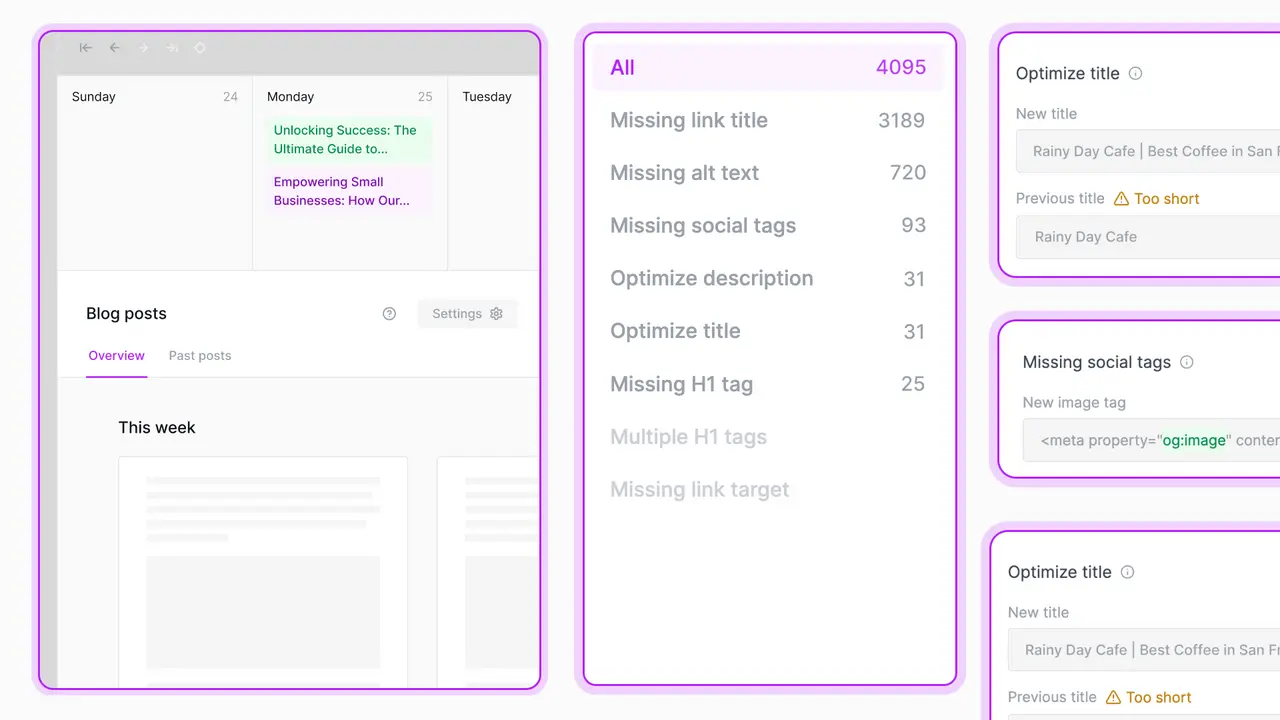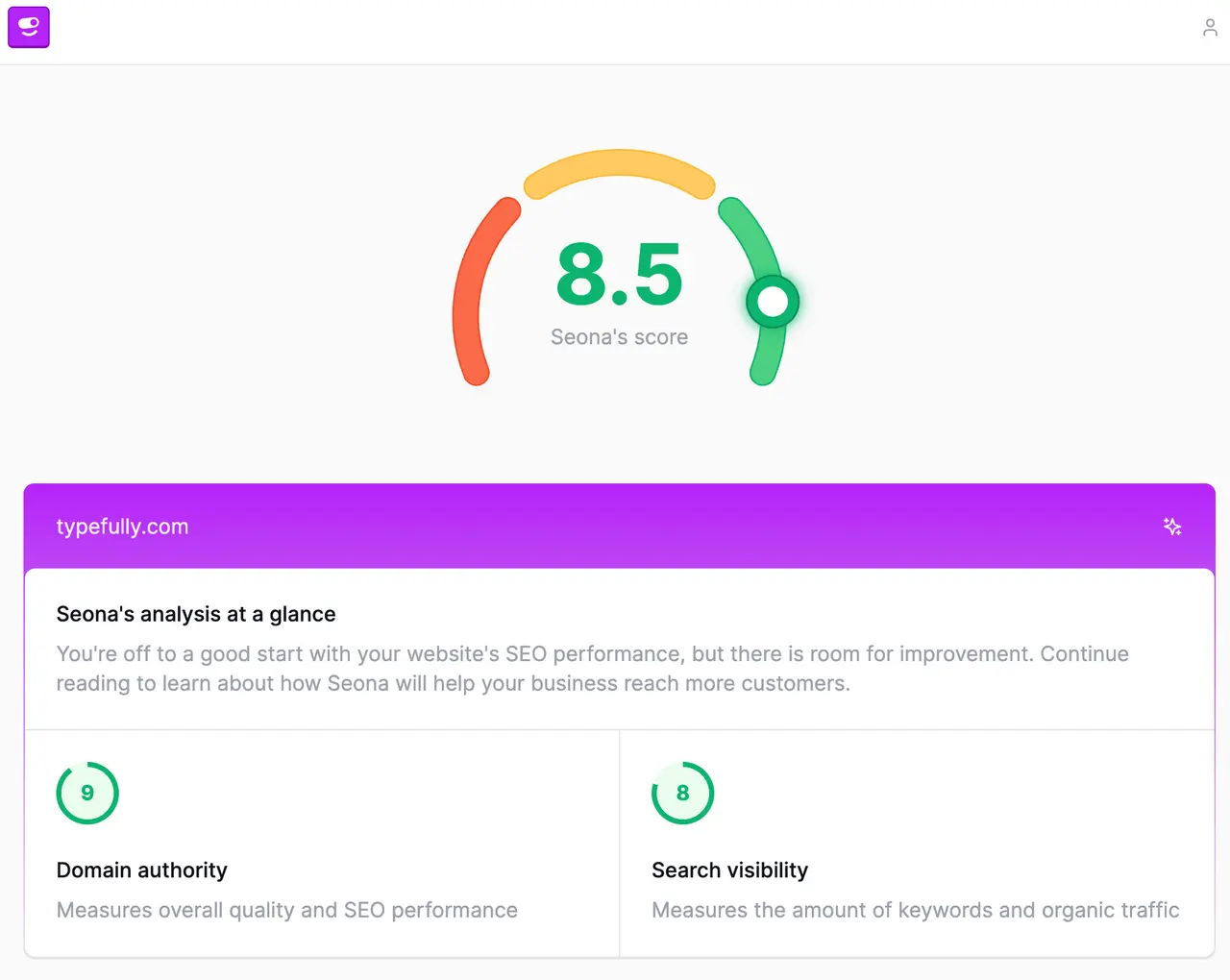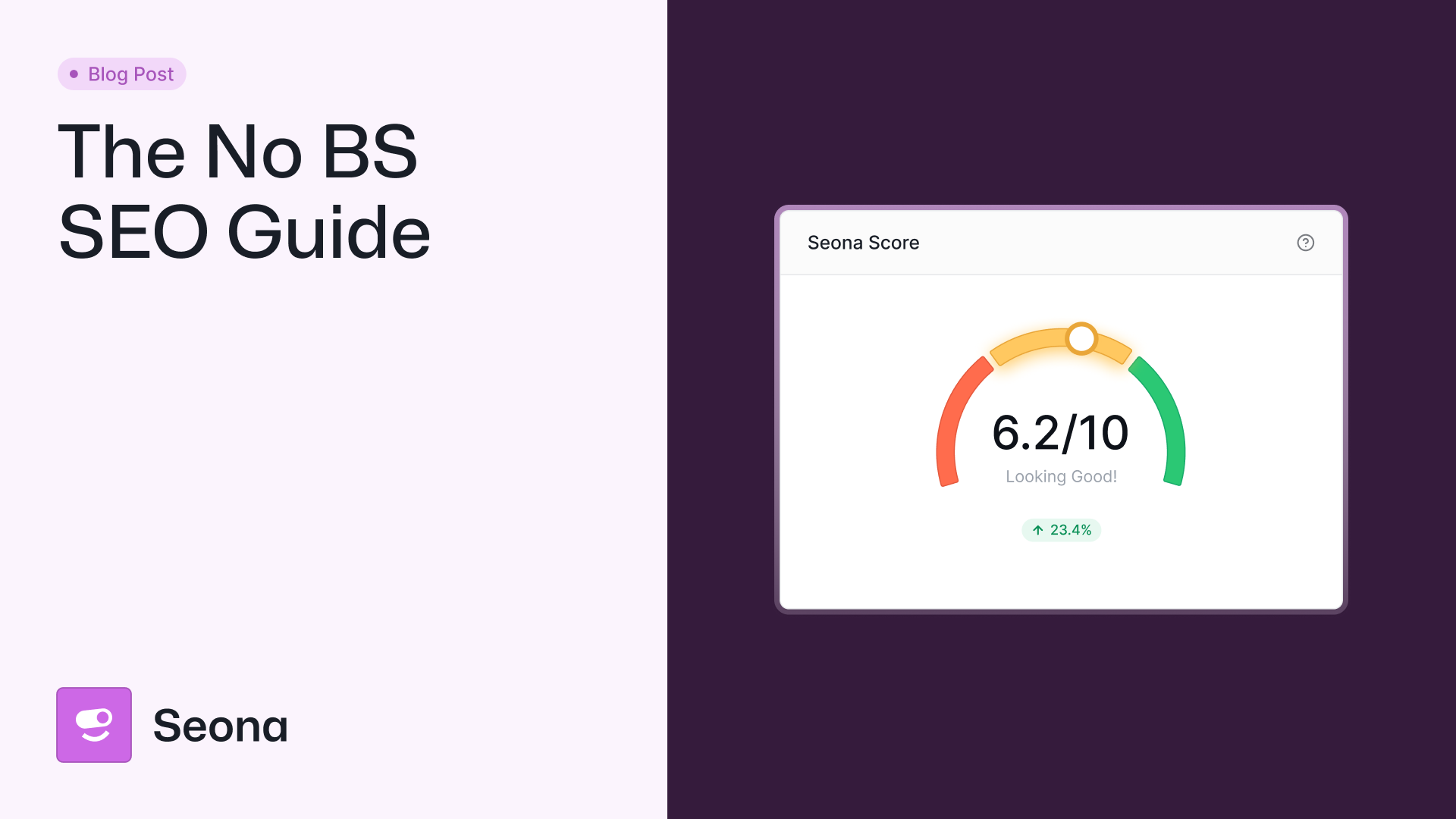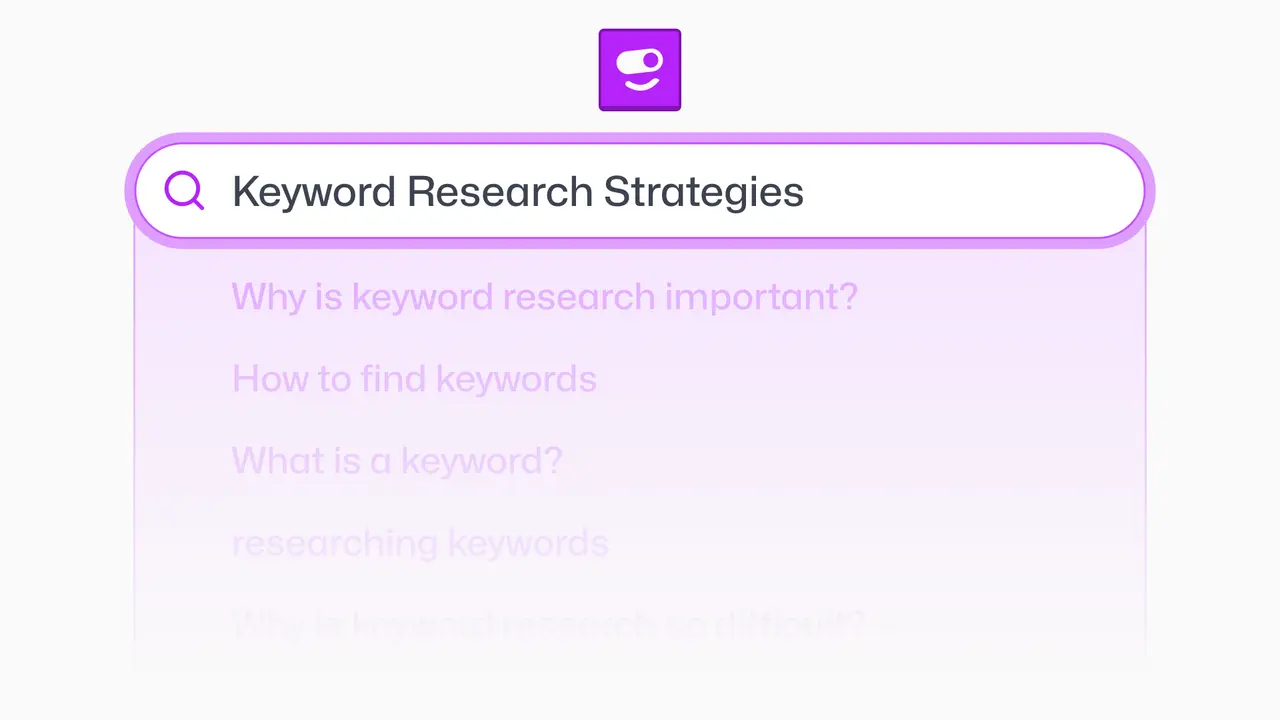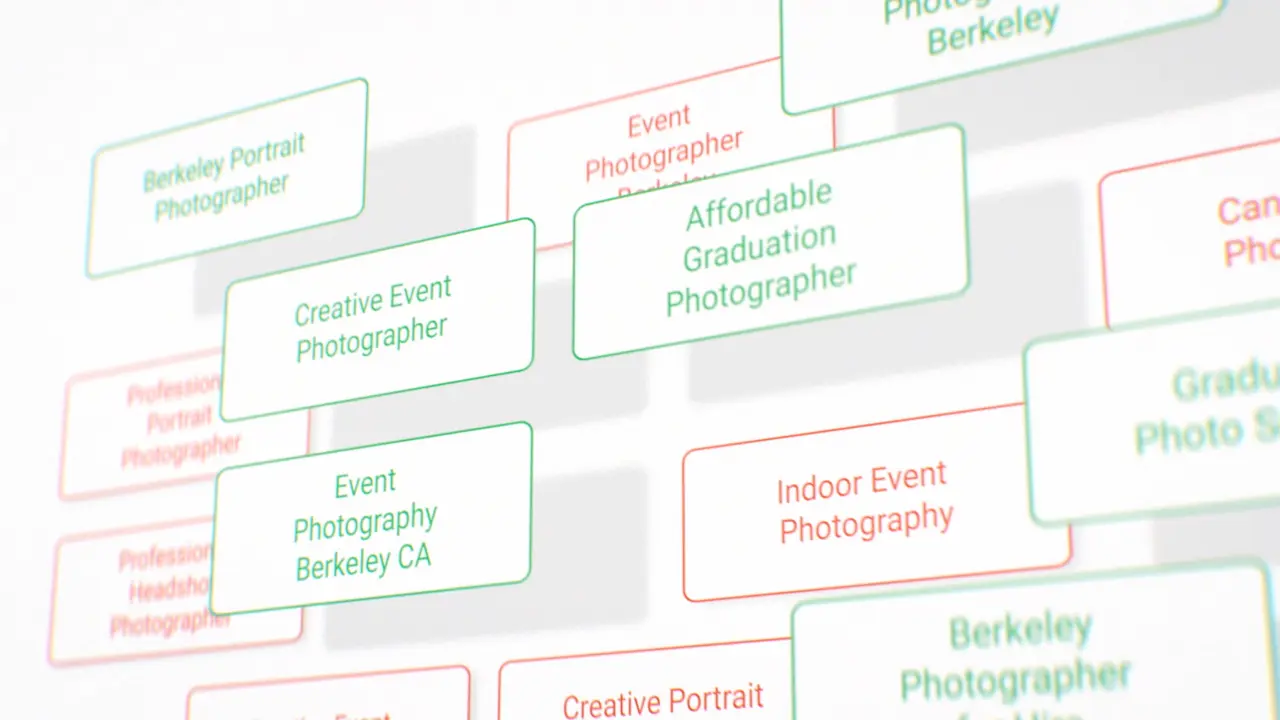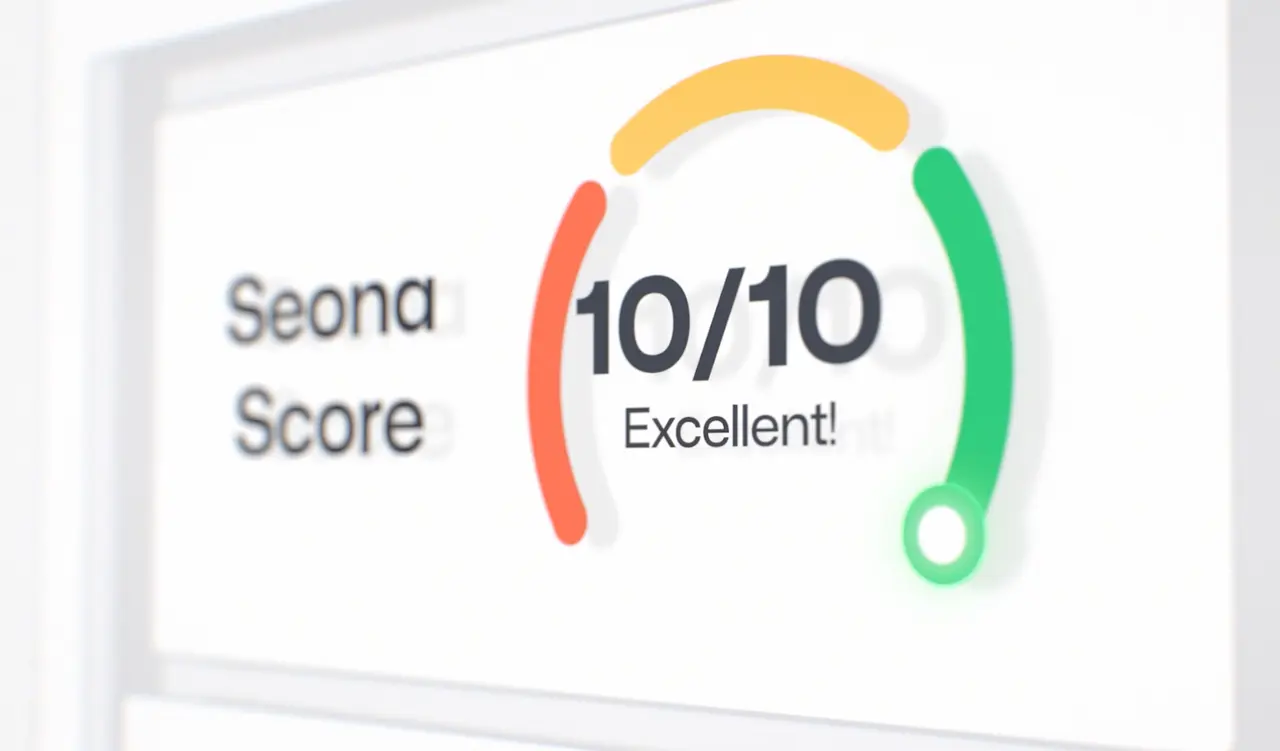On-Page SEO vs Off-Page SEO: What You Need to Know
Learn the key differences between on-page SEO vs off-page SEO and how they can work together to improve your site's search ranking.
December 11, 2023
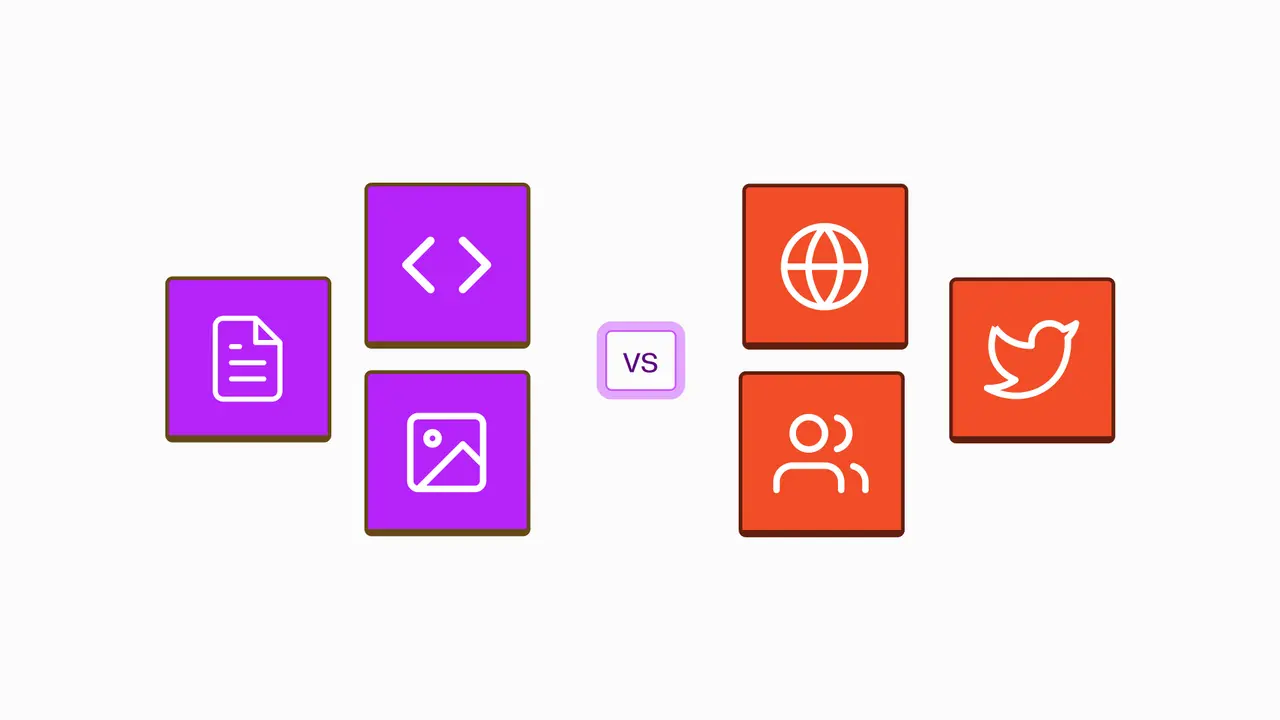
Introduction
SEO, or Search Engine Optimization, is a bit like the secret sauce that makes your website more visible and successful. It's not just about big budgets or complex campaigns; it's about the content you create, the strategies you use, problem-solving, and even the language people love or hate to hear and talk about.
Understanding the differences and importance of on-page SEO vs off-page SEO is crucial. These two distinct but interrelated aspects of search engine optimization play a pivotal role in determining a website's visibility and success in the online realm.
What is SEO
To set the stage for our SEO comparison, let's begin by defining SEO and recognizing its pivotal role in online success.
SEO, or Search Engine Optimization, is the practice of enhancing a website's visibility in search engine results. The primary goal of SEO is to make a website rank higher on search engine result pages (SERPs) when users search for relevant keywords and phrases. This increased visibility leads to more organic (non-paid) traffic, benefiting businesses and website owners.
Why SEO Is Important for All Websites
SEO comparison is not an option but a necessity for websites, regardless of their size, type, or purpose. Here are some compelling reasons why SEO is indispensable:
- SEO techniques help your website appear on the first page of search results, making it more likely for users to discover your content.
- Websites that rank well are often considered more credible and trustworthy by users.
- SEO optimization differences allow you to attract users actively searching for the information, products, or services you offer
- Compared to paid advertising, SEO offers a cost-effective way to drive organic traffic to your site.
- A well-optimized site can continue to reap the benefits of SEO efforts for an extended period.
What is On-Page SEO
On-Page SEO as the name suggests, focuses on optimizing elements and factors that are directly within your control on your website. It involves making improvements to the content and structure of your web pages to make them more appealing to search engines and users.
On-page SEO techniques include:
Keyword Optimization
This involves strategically placing relevant keywords within your content, titles, headings, and meta tags.
Quality Content
Creating high-quality, informative, and engaging content that meets the needs of your audience.
Title Tags and Meta Descriptions
Crafting compelling and descriptive title tags and meta descriptions to entice users to click on your search results.
Internal Linking
Building a logical structure of internal links to guide users and search engines through your site.
Page Load Speed
Ensuring your website loads quickly, as slow-loading sites can negatively impact user experience and rankings.
Mobile-Friendly Design
Creating a responsive and mobile-friendly design to accommodate the growing number of mobile users.
Image Optimization
Optimizing images with appropriate alt text and compressing them for faster loading times.
Site Structure
The organization and structure of your website, including internal links, impact user navigation and search engine indexing.
User Experience
On-page SEO considers elements like page load speed and mobile responsiveness, focusing on creating a positive user experience.
Technical SEO
Issues like proper HTML tags, metadata, and schema markup are crucial for on-page SEO success.
What is Off-Page SEO
Off-Page SEO, on the other hand, focuses on improving your website's authority and credibility in the eyes of search engines through external factors. It involves activities that take place outside your website but still have a significant impact on its search engine ranking.
Off-page SEO strategies include:
Backlinking
Acquiring high-quality, relevant backlinks from authoritative websites to establish your site's credibility.
Social Signals
Utilizing social media platforms to increase your content's visibility and reach a wider audience.
Online Mentions
Building your online reputation through mentions and references on other websites, forums, and blogs.
Guest Blogging
Writing high-quality articles for other websites in your niche to showcase your expertise and gain exposure.
Influencer Marketing
Collaborating with influencers to promote your content and reach a broader audience.
Online Reviews
Encouraging positive reviews and ratings on review platforms can enhance your website's credibility.
Why Does On-Page and Off-Page SEO Matter
On-Page SEO techniques and off-page SEO strategies play crucial roles in your website's success, but why are they so important?
On-Page SEO Matters Because:
Content Relevance
It ensures that your content is relevant and useful to your target audience, increasing the chances of retaining visitors and converting them into customers.
User Experience
On-page SEO practices, such as optimizing page load speed and mobile-friendliness, contribute to a positive user experience, leading to higher engagement and lower bounce rates.
Keyword Ranking
Proper keyword optimization is essential for ranking well in search engine results for specific terms that users are searching for.
Off-Page SEO Matters Because:
Credibility and Authority
Back-linking from reputable websites is a vote of confidence in your site's credibility and authority in your industry.
Increased Exposure
Social signals, mentions, and influencer collaborations expand your reach beyond your website, attracting a broader audience.
Improved Ranking
Off-page SEO can significantly impact your website's position in search results, making it more likely to appear on the first page.
What’s the Difference Between On-Page SEO and Off-Page SEO
Understanding the distinctions between on-page SEO vs off-page SEO strategies is essential for developing a holistic SEO strategy in the SEO comparison. Let's take a closer look at the key differences:
On-Page SEO is what you do on your own website to help search engines understand your content and see your page as valuable. It includes using the right words in your articles, making sure your titles and headings are clear and having a website that's easy to use on any device, like phones or computers. For example, if you're selling coffee beans online, you'd make sure the words "buy coffee beans online" appear in important spots like the page headline.
Off-Page SEO is about what happens away from your site, like other websites linking to yours or people talking about your content on social media. These signals help search engines see that your site is important and trustworthy. Back to the coffee shop: if a popular food blogger links to your site or tweets about your coffee, that's off-page SEO, helping your site seem more popular and relevant.
Is a Successful SEO Strategy Possible by Only Focusing on One Type of Optimization?
No. A successful SEO strategy typically requires a balance of both on-page and off-page SEO. Relying solely on one type may not be sufficient because
On-Page SEO without off-page SEO might mean your content is optimized, but if other sites don't link to it, search engines might not see it as authoritative and trustworthy, which is crucial for higher rankings.
Off-Page SEO without on-page SEO can bring in links, but if the content on your site isn't optimized or high quality, users might not find it relevant or helpful, leading to poor engagement and possibly lower rankings over time.
For instance, you could have a well-optimized article about "healthy dog diets" with perfect on-page SEO, but if other respected sites in the pet care industry don't link to it (a key part of off-page SEO), it might not rank as well as it could. Conversely, you could have lots of sites linking to your content, but if the page they're linking to is poorly optimized and doesn't provide a good user experience, people may leave quickly, and search engines could rank it lower.
In short, a strong SEO strategy usually involves a mix of both on-page and off-page efforts to build both relevance and authority in the eyes of search engines and users.
Balancing On-Page and Off-Page SEO
Remember, a good SEO strategy isn't about choosing between on-page SEO and off-page SEO. It's more like trying to decide whether to put tires or an engine in your car – you need both to get where you want to go.
Seona AI can assist you in ensuring your website's foundation is solid with actionable website reviews, in-depth technical analysis, and keyword insights. With this valuable data, you can create the perfect strategy that targets both on-page and off-page SEO, reaching a wider audience and attracting more visitors to your website.
Try Seona for free! Optimizing your site has never been easier.
Key Takeaway
In short, when comparing on-page SEO vs off-page SEO, both are key to making your website do well in search engine rankings. On-page SEO makes your site’s content good for search engines, and off-page SEO helps show your site is important because other sites link to it. Getting this balance right is a big part of doing well online in the SEO comparison.
